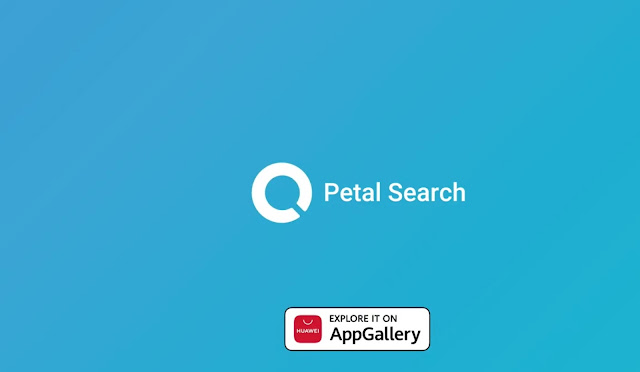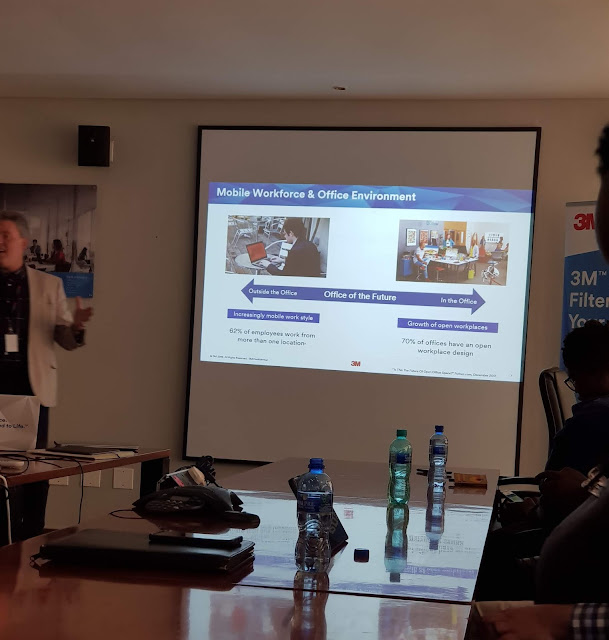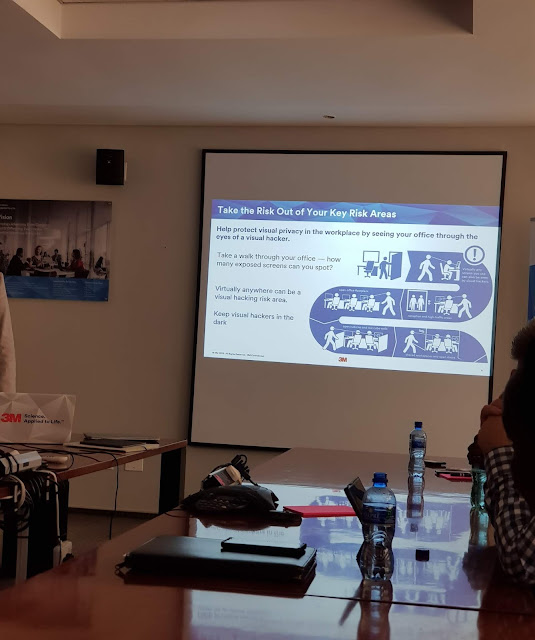Hi Friends,
As part of the expansion of its Huawei Mobile Services (HMS) ecosystem, the company recently announced the launch of its own search engine app, Petal Search. This follows the launch of its HUAWEI Browser earlier this year.
On Petal Search, which is available on HUAWEI AppGallery, users can search for and find virtually any information and multimedia. Offering several ways to search content with its multi-search inputs functionality, Petal Search is a convenient search engine that enables users to search content by way of text, voice or visual search.
The need for security
Search engines have made access to information, multimedia content, and services incredibly easy as they are a gateway to a rich array of websites and a path to a wealth of information.
In the process of using and interacting with a search engine, users must also exchange their information for a good user experience. This raises the need for the security of personal information and the search activity of users.
With over 4.5 billion internet users across the world, the internet has extremely vast data trails of personal information being generated and recorded from all the searches and activities by users. Internet data is collected for reasons such as marketing and consumer profiling – from the terms, users submit to a search engine, to their browsing history, to IP address, to cookies.
Huawei’s Petal Search prioritises privacy and security
Huawei understands the sensitivity of search data and users’ need for privacy and security, and so it has made it a priority to ensure that Search Petal safeguards users against these pain points. Huawei has adopted effective methods to continuously detect threats and identify risks so that the privacy of consumers is protected.
Built with industry-leading privacy and security technologies, Petal Search complies with security, privacy laws and regulations. With an ePrivacyseal, Petal Search is a certified secure digital platform, having met the requirements of the General Data Protection Regulation (GDPR) for digital products in Europe. In addition, to provide a more secure search experience across the board, user data is stored in users’ local regions.
How Petal Search ensures privacy and security
Petal Search gives users a Safe Search function which enables them to filter the content displayed in the search results through strict, medium, and disabled filter modes. This way users can place restrictions on their content to filter out illegal and other age-inappropriate content.
For a fully private browsing experience, users can switch to incognito browsing mode, which is a privacy feature. While surfing the internet, users’ personal information is neither tracked nor analysed in the process. Users can rest assured that Petal Search does not associate search records with their user account.
While search engines are amazing tools to access all kinds of information needed, there are many risks associated with the collection and use of personal data, which can be compromising to users. Huawei’s Petal Search addresses these concerns for the privacy and security of users by complying with high privacy security standards.
To download Petal Search from HUAWEI AppGallery, go to https://appgallery.cloud.huawei.com/ag/n/app/C100995735?locale=en_US&source=appshare&subsource=C100995735
Cheers!!!
Support me if you like reading this blog post by buying me a cup of tea or coffee - https://www.buymeacoffee.com/TheLifesWay Contact at thelifesway@gmail.com to collaborate and promote your services and products. Subscribe to my YOUTUBE Channel for giveaways, product reviews and mystery unboxings. #TheLifesWay #9YearsofTheLifesWay. Namaste!





